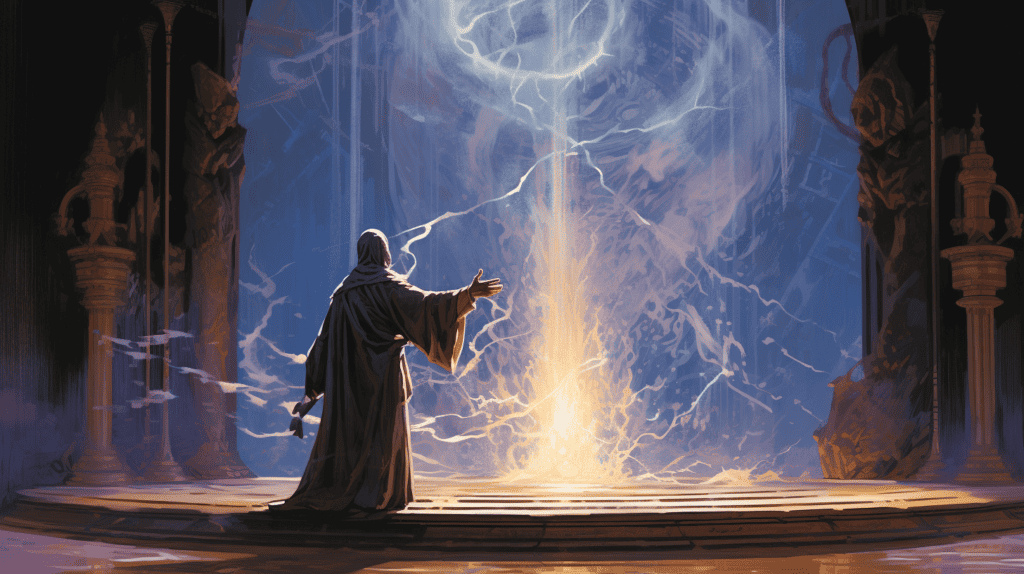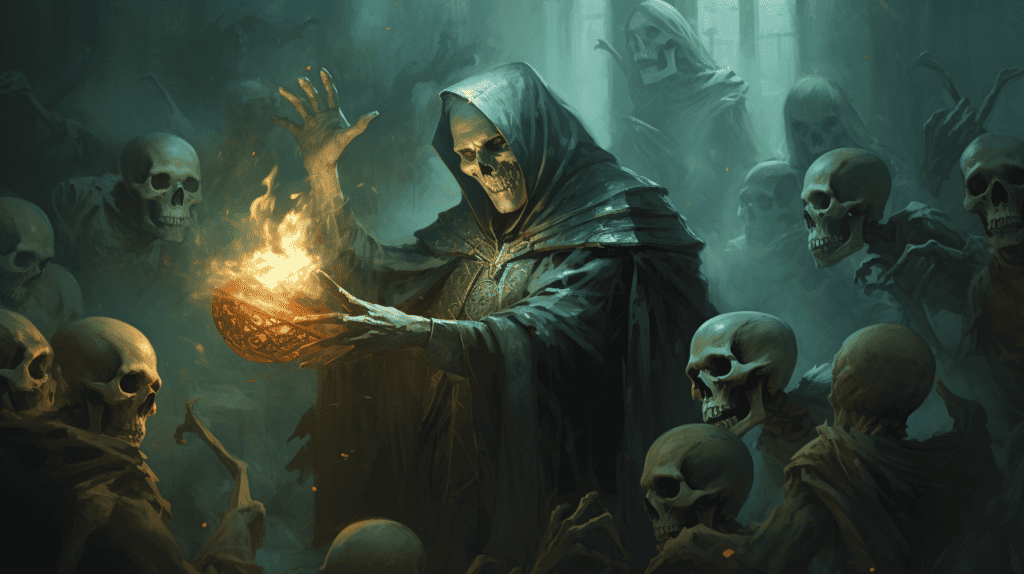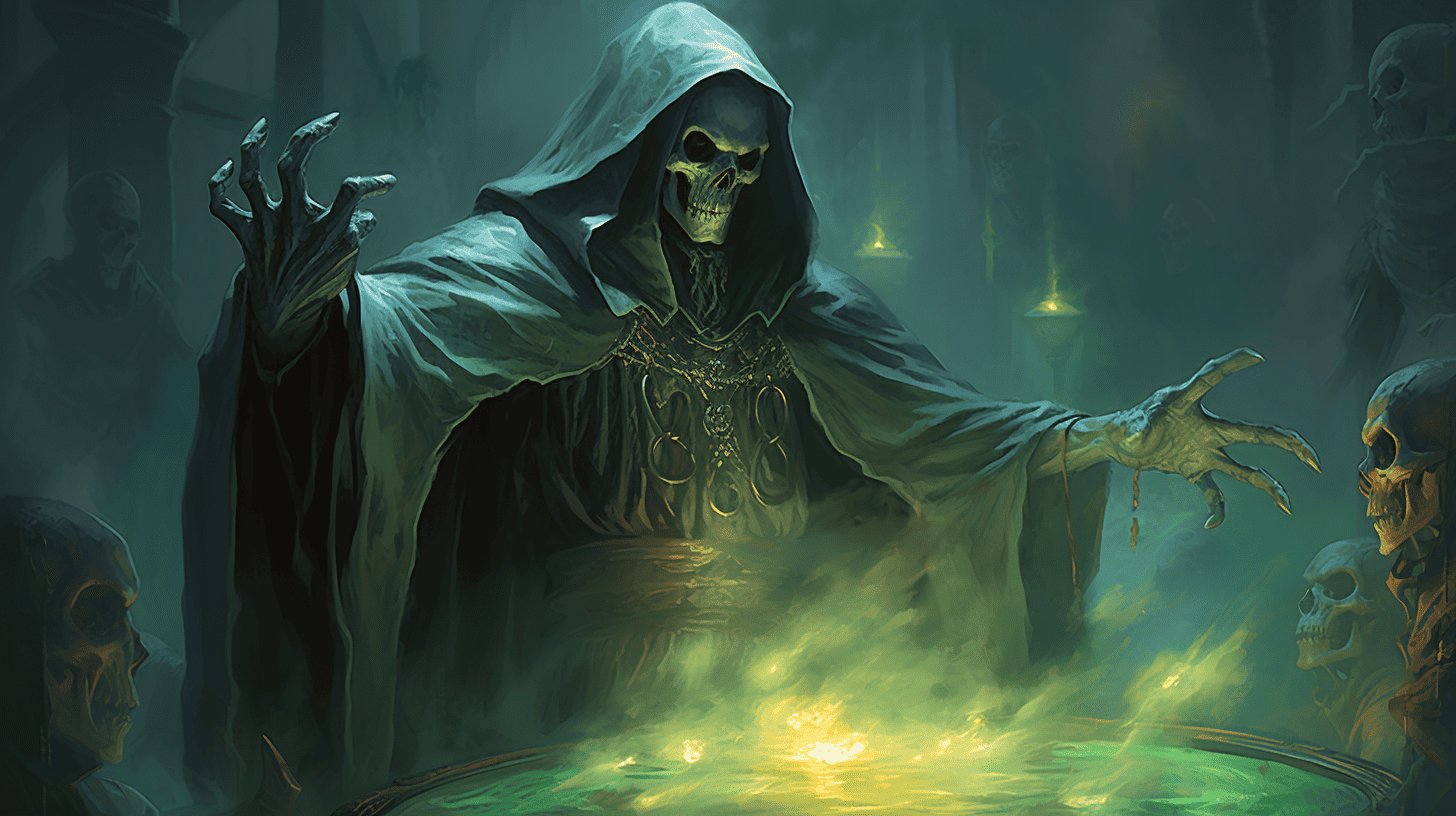Baldur’s Gate is not a simple game by any means, it has many concepts and mechanics that are tricky and sometimes hard to wrap your head around.
One of the most important functions in the game is casting spells. Every playable class has access to either spells or abilities with the same mechanics as spells.
That’s why it’s important to know how they work. The UI in Baldur’s Gate 3 doesn’t do a great job of explaining this to the player in an easy manner, which is why I’m writing this resource. So, how do spells work in Baldur’s Gate 3?
In Baldur’s Gate 3, spells are resources capable of achieving a wide range of effects. Spells cost either an action or a bonus action to perform and have different levels that represent their power. Every spellcasting character possesses a number of spell slots, and the act of casting a spell consumes one of these slots. To regain the consumed slots, you will have to take a long rest.
Let’s get a bit more detailed. As you can tell, there’s a lot to spellcasting in Baldur’s Gate 3, and it’s easy to get lost in the beginning. Stick around and read the rest of this resource to find out everything you need to know about spellcasting in Baldur’s Gate.
How Do Spells Work in Baldur’s Gate 3?

As I stated earlier, spells can achieve a great number of different effects. They can deal damage, debuff enemies, buff allies, heal, and much more. It’s worth mentioning that not every character in BG3 gets to cast spells, however.
The classes that can cast spells in Baldur’s Gate 3 are the following: Clerics, Paladins, Rangers, Druids, Wizards, Sorcerers, Bards, and Warlocks. There exist many spells that are shared by these classes, but also unique ones for every class.
Spells either cost an action or a bonus action. In general, spells that cost actions are more powerful than spells costing only a bonus action, although game-balancing is a thing, and some bonus action spells are better than certain actions. As you’re probably aware, you (generally) have one action and one bonus action to spend per round.
While bonus actions are typically used for minor tasks like positioning oneself favorably or dealing modest damage, standard actions are reserved for significant damage, strong buffs, and debilitating debuffs, among other things.
Related Article: How Damage is Calculated in Baldur’s Gate 3
In the beginning, I touched on how spellcasting characters have spell slots, and that spells take up these slots. Depending on what class you’re playing, you will have a certain amount of spell slots available to you.
For example, Wizards have a significant amount of spell slots whereas other classes have fewer. For example, a level three Wizard has four level 1 spell slots and two level 2 spell slots.
This means that Wizards can cast two level 2 spells and four level 1 spells before needing to rest. You can also “upcast” spells, which simply means that you can use a level two spell slot to cast a level 1 spell. The level 1 spell will then “scale” with the spell slot used, gaining potency.
As I mentioned earlier, you will need to take a long rest after running out of spell slots. Unless you’re playing a Warlock, in which case you can simply short rest to regain all of your spell slots.
So, how do you gain spell slots? Well, in general, you’ll simply need to play the game and level up your character. Characters naturally gain more spells and spell slots this way. The maximum level in Baldur’s Gate 3 is 12, and the maximum spell slot level is 6.
Spellcasting Ability

Lastly, I’ll go ahead and mention spellcasting ability. Different classes have different spellcasting ability modifiers, and it’s simply a score used by the game to calculate how much potency your spells have.
Spellcasting classes’ spellcasting abilities are based on a certain stat, and that key stat depends on what class you’re playing. For example, Wizards use Intelligence to determine their spellcasting ability, Warlocks, Paladins and Bards use Charisma, and Clerics, Rangers, and Druids use Wisdom.
So for example, if you have a high Intelligence score as a Wizard, or if you have a high Wisdom score as a Cleric, your spells will be more potent. It’s fairly simple when you get down to it.
Spellcasting ability affects two things: spell attack and spell save DC (difficulty class). Spell attack is a fairly simple concept. If your spellcasting ability modifier is +4 due to having 18 Intelligence as a Wizard, then you have a +4 chance to hit your opponent with that spell.
Spell save DC is used to see if characters take damage after they get hit with a spell. They need to meet your character’s spell DC to save themselves from damage. Let’s not get too bogged down in the details of this, it’s needlessly complicated for the purpose of learning about spells.
Preparing Spells
A character can know many different spells, but they can only memorize a number of them. Baldur’s Gate’s and DnD’s way of illustrating this is the preparation of spells.
Generally, in order to use spells, you will have to prepare them first. To do this, simply head into your spell book by pressing K and select what spells you want prepared.
More Baldur’s Gate 3 Content: What Happens When You Die in Baldur’s Gate 3?
Bards, Sorcerers, and Warlocks can’t prepare spells, which is worthwhile remembering. Instead, these classes get to change spells as they level up. One at a time. Of course, they have other positive benefits to their classes instead.
What’s the Difference Between Spells and Cantrips?

It’s difficult to know the difference between spells and cantrips as a beginner to Baldur’s Gate 3, especially if you haven’t touched Dungeons and Dragons before playing the game.
For example, what’s the difference between spells and cantrips? The answer to that question is quite simple. Cantrips are relatively weak spells, that do not cost or take up a spell slot. They can be cast as many times as you want without having to long rest.
Spells, on the other hand, are limited. You can only cast a couple of them before needing to rest. Does this make cantrips weak? No, not really.
The fact that you can cast them as many times as you want is nice, especially if you find one that’s really strong (Eldritch Blast with the Agonizing Blast invocation, for example).
How Do You Learn New Spells in Baldur’s Gate 3?
Before we wrap up this article, let’s go through how you can learn new spells in Baldur’s Gate.
The most common way of learning new spells in Baldur’s Gate 3 is leveling up. However, Wizards get to cheat. They can learn new spells through spell scrolls.
To do this, they simply need to head into their spell books by pressing K and then selecting Learn New Spells. If they have a spell scroll in their inventory, they can learn the spell permanently.
To learn a spell this way, it needs to be available to them by leveling as well. Wizards can learn spells that wouldn’t otherwise be available to them by leveling.

